
Web3 projects face a fundamental tension: how to build open, decentralized applications while meeting the compliance demands of an increasingly regulated digital asset landscape. Nowhere is this more evident than in allowlist management, where projects must balance seamless onboarding with strict Know Your Customer (KYC) requirements. Onchain attestations for KYCed addresses are rapidly emerging as the critical bridge between these needs, offering a secure, privacy-preserving, and interoperable solution that is transforming digital identity and access control across DeFi, token sales, and gated communities.

How Onchain Attestations Streamline Allowlist Management
The traditional approach to allowlisting in Web3 has been fraught with inefficiencies. Manual off-chain verifications, repeated submission of sensitive documents by users, and opaque eligibility decisions all contribute to friction and risk. Onchain attestations replace this patchwork with cryptographic proofs recorded directly on blockchain networks. Once a user completes KYC via a trusted provider (such as Blockpass or Sumsub), their wallet receives an immutable attestation confirming their verified status, no personal data or documentation is ever exposed on-chain.
This innovation enables smart contracts to automatically check a wallet’s KYC compliance before granting access to token sales, NFT drops, or governance votes. The result is instantaneous onboarding for verified users and dramatically reduced operational overhead for project teams.
Privacy-Preserving Identity: Zero-Knowledge Proofs Meet Compliance
The real breakthrough lies in the privacy architecture underpinning these attestations. Leveraging zero-knowledge proofs (ZKPs) and decentralized identity frameworks, solutions like Blockpass On-Chain KYC® 2.0 empower businesses to issue reusable digital identities that prove compliance without revealing underlying personal information. This approach not only aligns with global data protection regulations but also builds trust among privacy-conscious users who are wary of centralized honeypots of sensitive data.
In practice, when a smart contract queries an address’s attestation status, it receives only a binary answer, compliant or not, without exposure to names, documents, or jurisdictional details. This “surgical precision” in compliance management is quickly becoming the gold standard for regulated DeFi protocols and token launches seeking both security and user-friendly onboarding.
Key Benefits of Onchain Attestations for KYCed Addresses
-

Privacy-Preserving Compliance: Onchain attestations enable users to prove their KYC status without exposing personal data, leveraging technologies like zero-knowledge proofs. Solutions such as Blockpass On-Chain KYC® 2.0 offer privacy-focused, reusable digital identities, ensuring regulatory compliance while safeguarding user information.
-
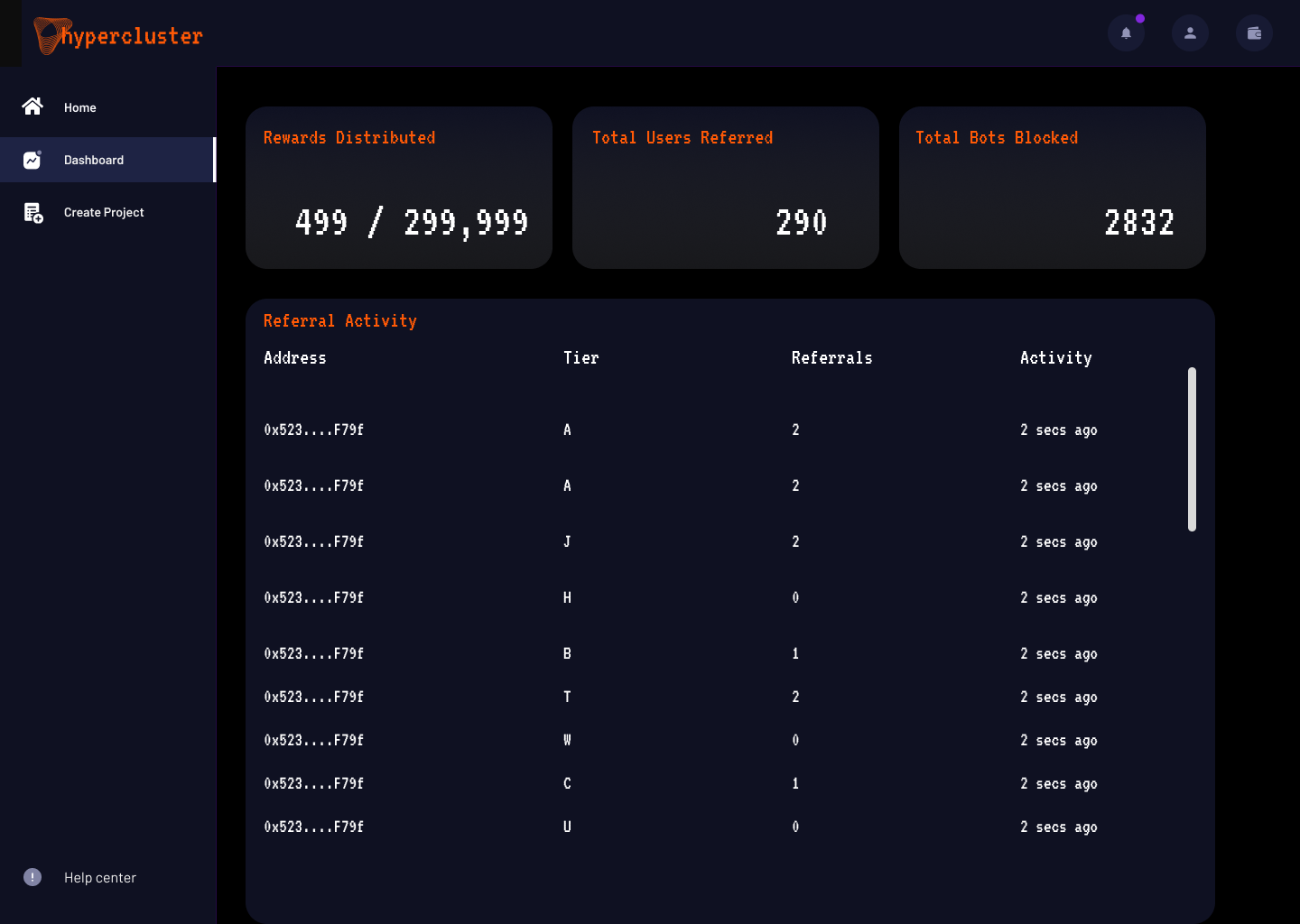
Automated and Efficient Allowlist Management: By recording KYC verification directly on the blockchain, smart contracts can automatically check user eligibility for allowlists, eliminating manual review and reducing operational overhead. This streamlines access to Web3 applications and token sales.
-
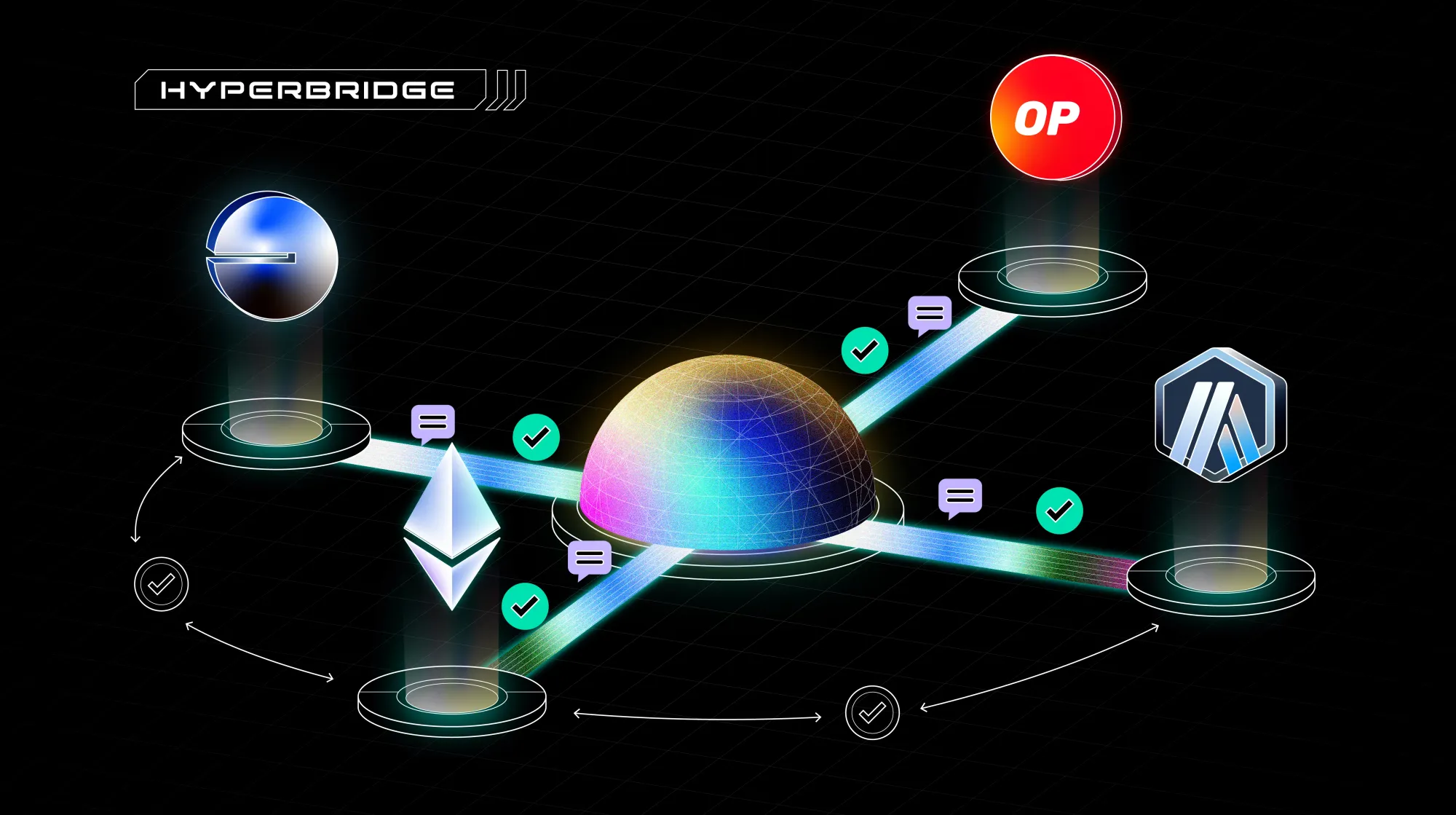
Interoperability Across Web3 Platforms: Onchain attestations are recognized by multiple decentralized applications and networks. For example, the Attest Protocol provides schema-based attestation infrastructure, allowing a single KYC credential to be reused across diverse platforms, reducing redundant verification processes.
-
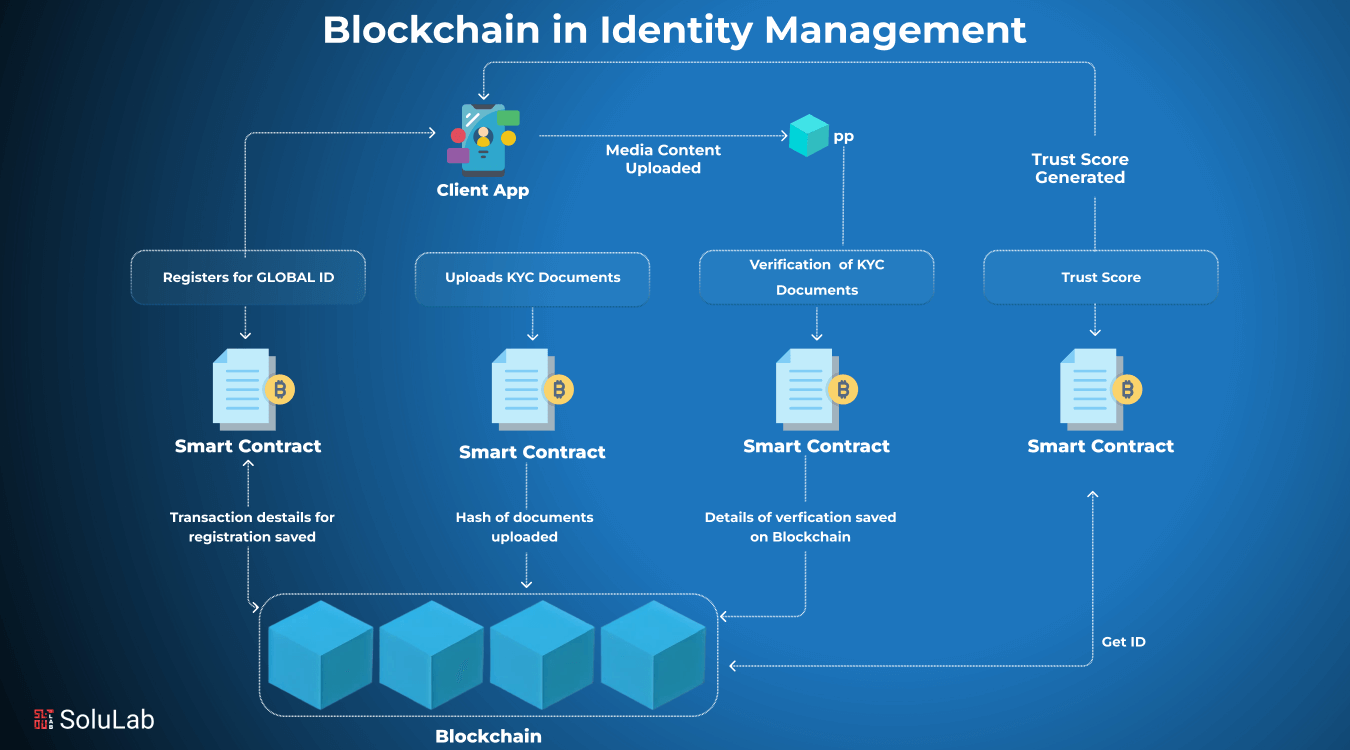
Enhanced Security and Immutability: Storing KYC attestations on blockchain ensures they are tamper-proof and verifiable by anyone, benefiting from the security properties of decentralized ledgers. This reduces the risk of data breaches and unauthorized access common in off-chain systems.
-

Enabling Regulatory-Ready DeFi and DAO Participation: Onchain KYC attestations help DeFi platforms and DAOs restrict access to verified users only, supporting compliance with jurisdictional requirements while maintaining decentralization. Partnerships like Sumsub and Binance’s BNB Attestation Service illustrate the growing adoption of these standards in major ecosystems.
Interoperability Across Chains: One Credential, Many Platforms
A major advantage of onchain attestations is their interoperability across multiple blockchain networks. Thanks to standardized schemas from protocols like EAS (Ethereum Attestation Service) and Attest Protocol (attestprotocol.org), developers can integrate KYC credentials into diverse dApps without reinventing infrastructure each time.
This means that once a user has received an attestation from a trusted provider on one network, they can present it across any compatible platform, eliminating redundant onboarding steps for every new DeFi pool or NFT marketplace they wish to join. The result is a more fluid user experience and significant cost savings for both users and project teams.
With the proliferation of cross-chain DeFi and multi-network NFT ecosystems, this interoperability is no longer a nice-to-have, but an operational necessity. Projects leveraging onchain attestations for KYCed addresses can tap into a global pool of pre-verified users, drastically reducing friction in onboarding and enabling composable compliance across token sales, governance modules, and exclusive community access. As a result, the ecosystem moves closer to the vision of seamless Web3 allowlist management where identity credentials are portable, privacy-preserving, and instantly verifiable anywhere onchain.
Real-World Adoption: Use Cases Transforming Web3
The impact of decentralized KYC compliance is already visible across leading platforms. DeFi protocols now routinely require onchain attestations for participation in liquidity pools or lending markets, streamlining regulatory reporting and protecting against illicit activity. NFT projects use these credentials to power fair launch allowlists that bar bots and ensure only compliant participants access limited drops. DAOs have begun to gate proposal submissions or voting rights behind verified identity proofs, raising the standard for governance legitimacy.
Notably, partnerships such as Sumsub’s integration with Binance’s BNB Attestation Service are bridging the gap between Web2 verification and reusable Web3 credentials. This enables users to port their existing compliance status into new dApps without redundant onboarding, a game-changer for both user experience and operational efficiency.
Live Projects Using Onchain KYC Attestations in Web3
-

Blockpass On-Chain KYC® 2.0: Blockpass provides privacy-preserving, reusable onchain KYC attestations for token sales, DAOs, and NFT launches, enabling seamless allowlist management without exposing user data. Blockpass integrates directly with the Ethereum Attestation Service (EAS) to issue verifiable credentials.
-
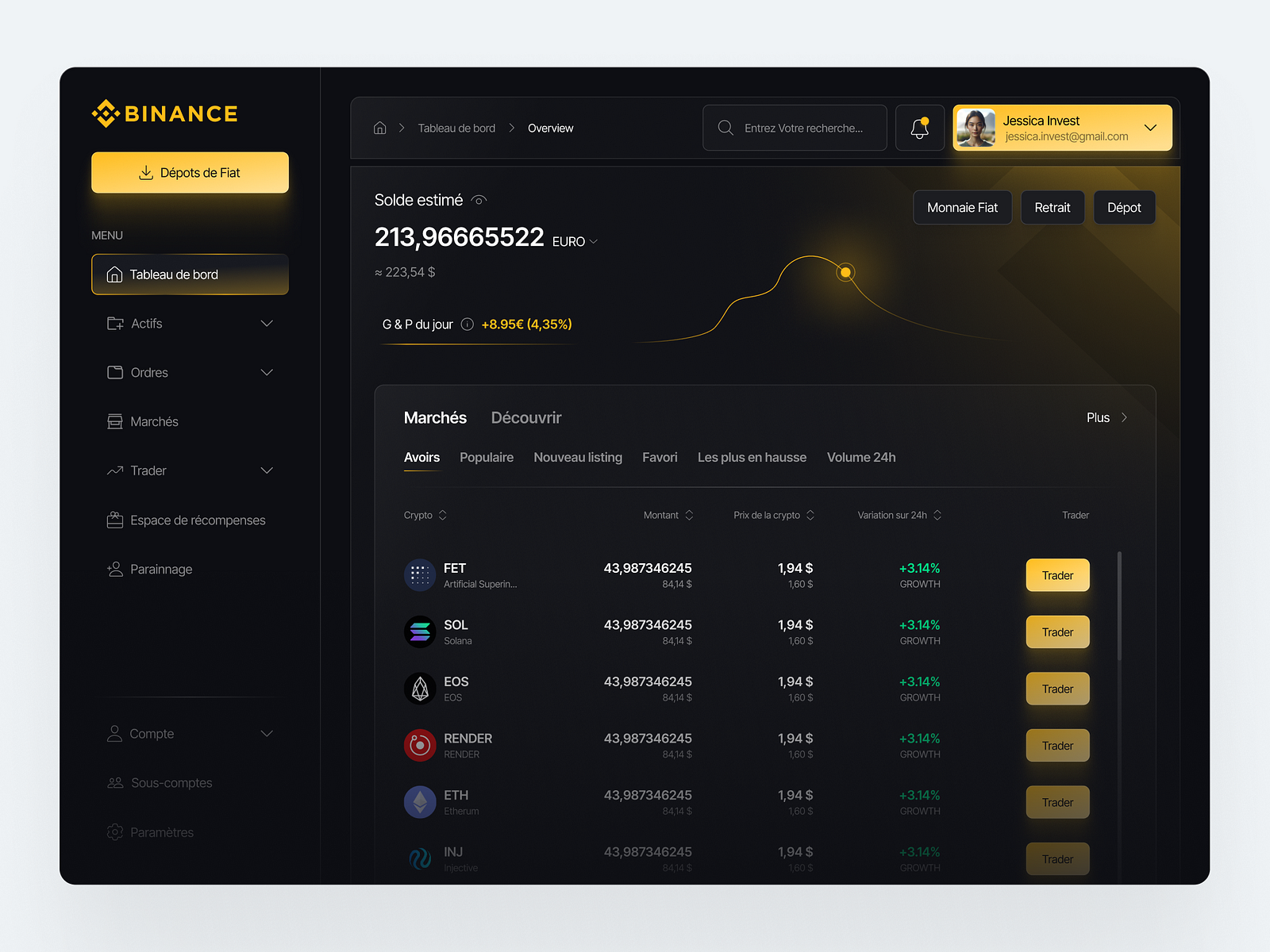
Binance BNB Attestation Service (BAS): In partnership with Sumsub, Binance’s BAS allows users to convert verified Web2 KYC credentials into reusable onchain attestations, streamlining access to token launches and Web3 platforms within the BNB Chain ecosystem.
-
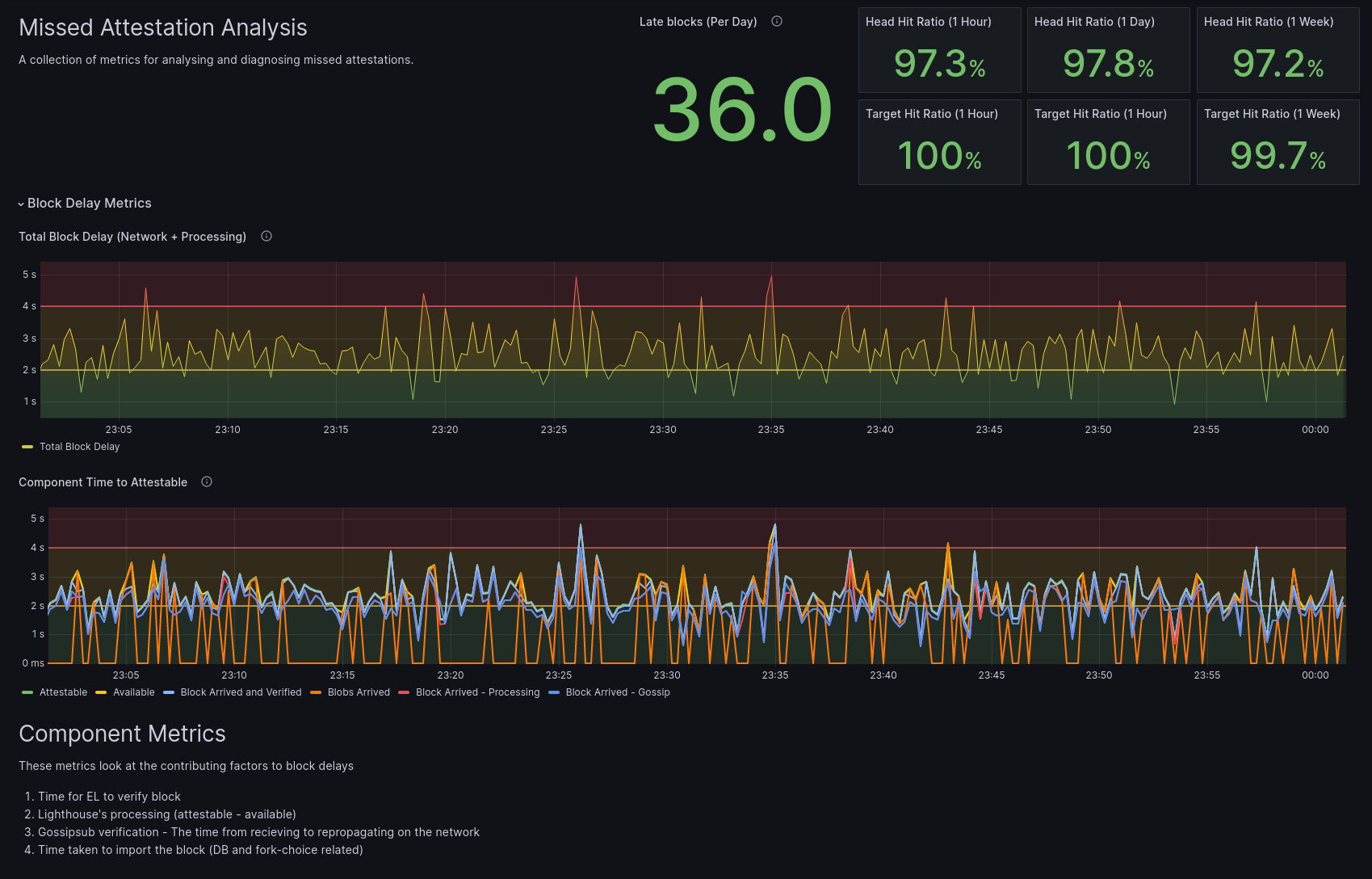
Sign Protocol: An omni-chain attestation protocol, Sign Protocol enables users and organizations to issue and verify onchain attestations—including KYC status—across multiple blockchains, supporting DAOs and NFT projects with automated, privacy-focused allowlist management.
-
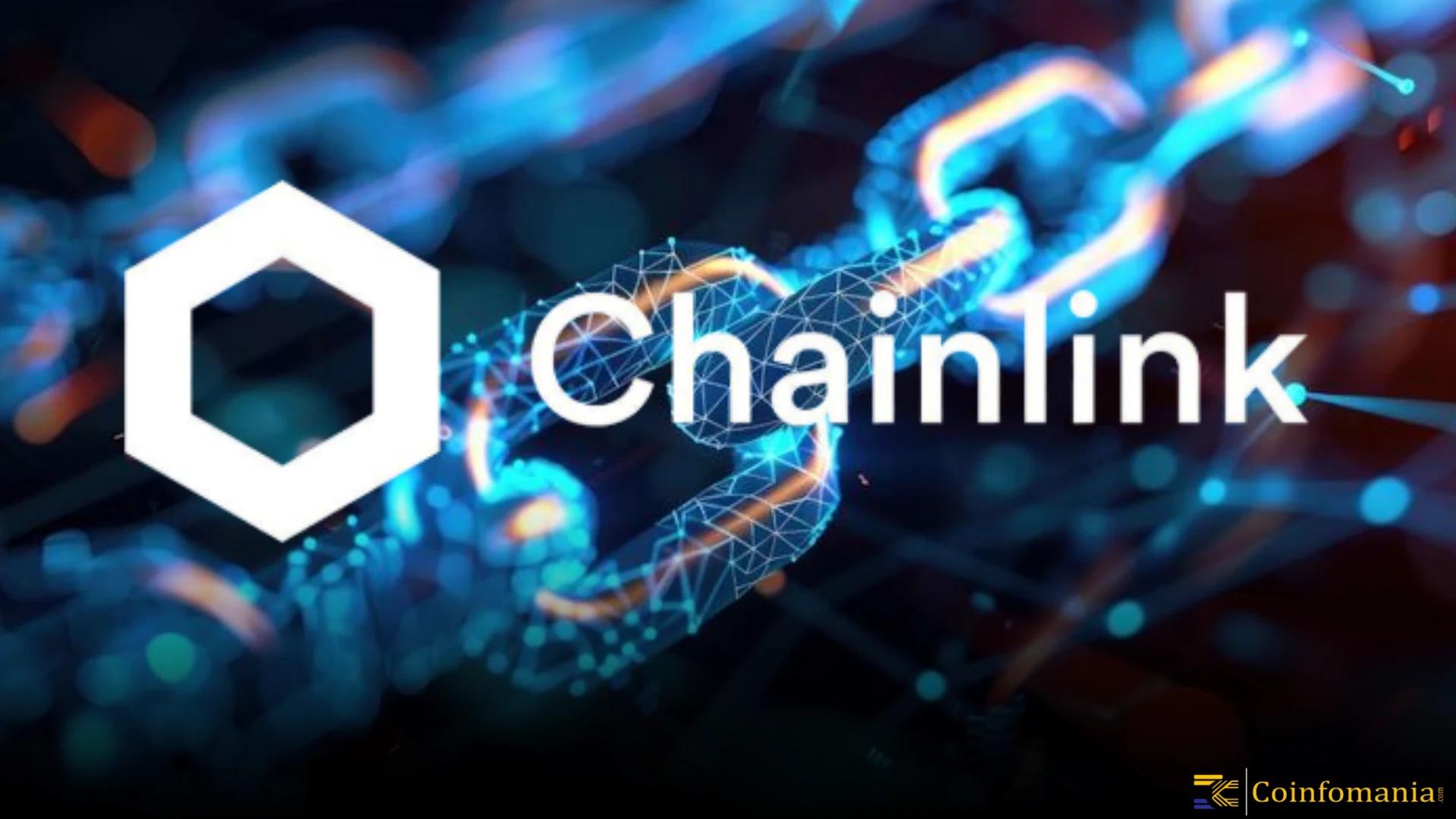
Chainlink Automated Compliance Engine (ACE): Chainlink ACE provides onchain compliance and KYC attestation infrastructure for DeFi, token sales, and DAOs, allowing projects to enforce regulatory requirements directly within smart contracts while maintaining user privacy.
-
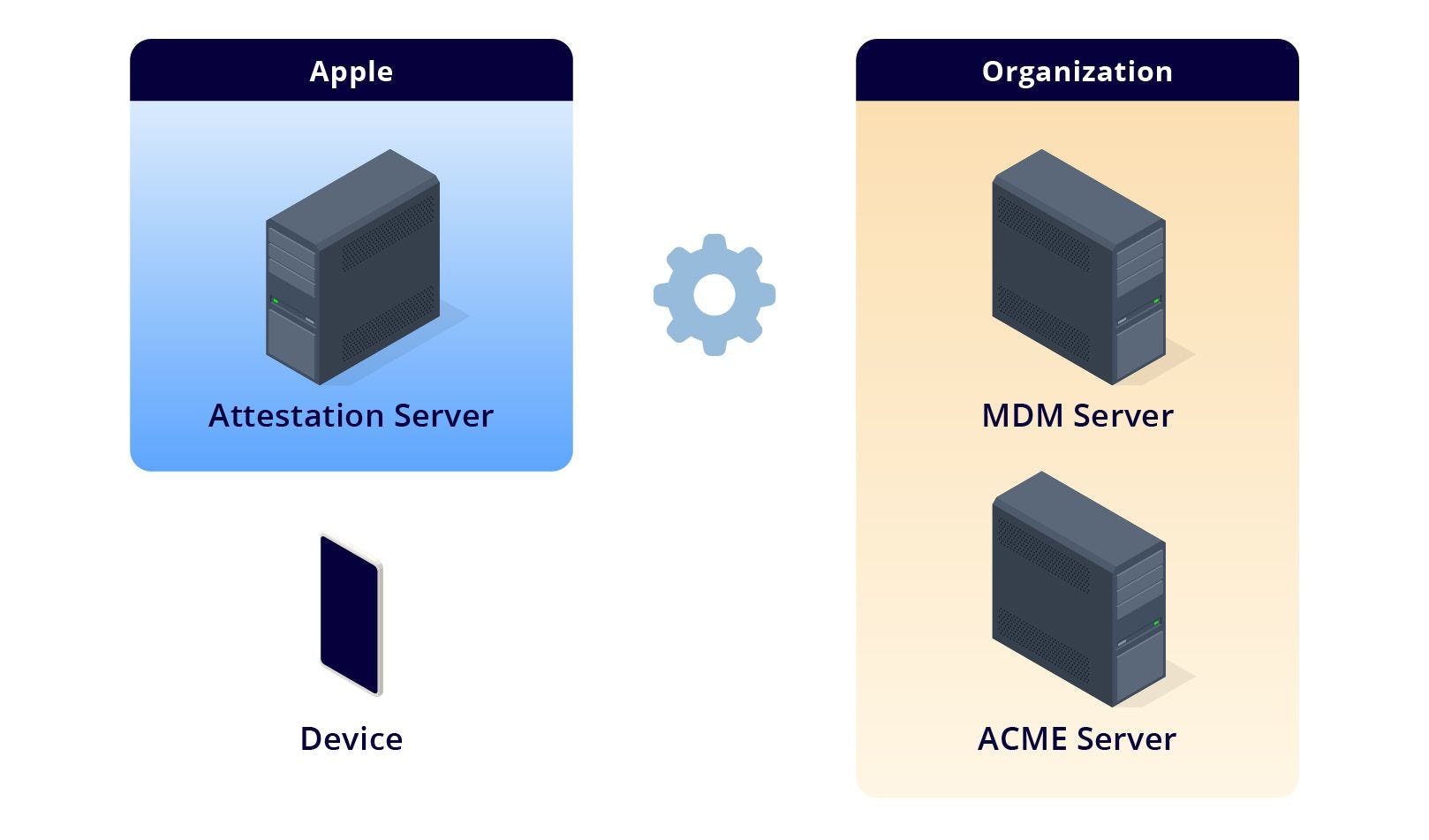
Attest Protocol: Attest Protocol offers schema-based onchain attestation services for identity verification. Projects can easily integrate KYC attestations for allowlist management in NFT drops, token offerings, and decentralized governance.
Compliance Without Compromise: Future-Proofing Web3 Access Control
As regulators sharpen their focus on digital asset markets, projects that proactively implement robust yet privacy-preserving KYC solutions will be best positioned to thrive. Onchain attestations offer a modular toolkit for meeting evolving jurisdictional requirements while keeping user data sovereign. By decoupling identity verification from personal data storage, and making attestation status queryable by smart contracts, Web3 builders can deliver both compliance assurance and user empowerment.
The next wave of innovation will likely center around even more granular attestations (for example, age or jurisdiction-specific proofs) and broader interoperability standards that enable universal recognition of trusted credentials across all major chains. For projects seeking to future-proof their allowlist management strategies, adopting onchain attestations for KYCed addresses is not just a technical upgrade, it’s a strategic imperative.
The convergence of privacy-preserving cryptography, standardized attestation protocols, and regulatory-grade KYC is reshaping what’s possible in decentralized onboarding. As these tools mature and adoption accelerates, expect frictionless allowlist management to become the norm, unlocking new levels of security, trust, and inclusivity across the entire Web3 landscape.






